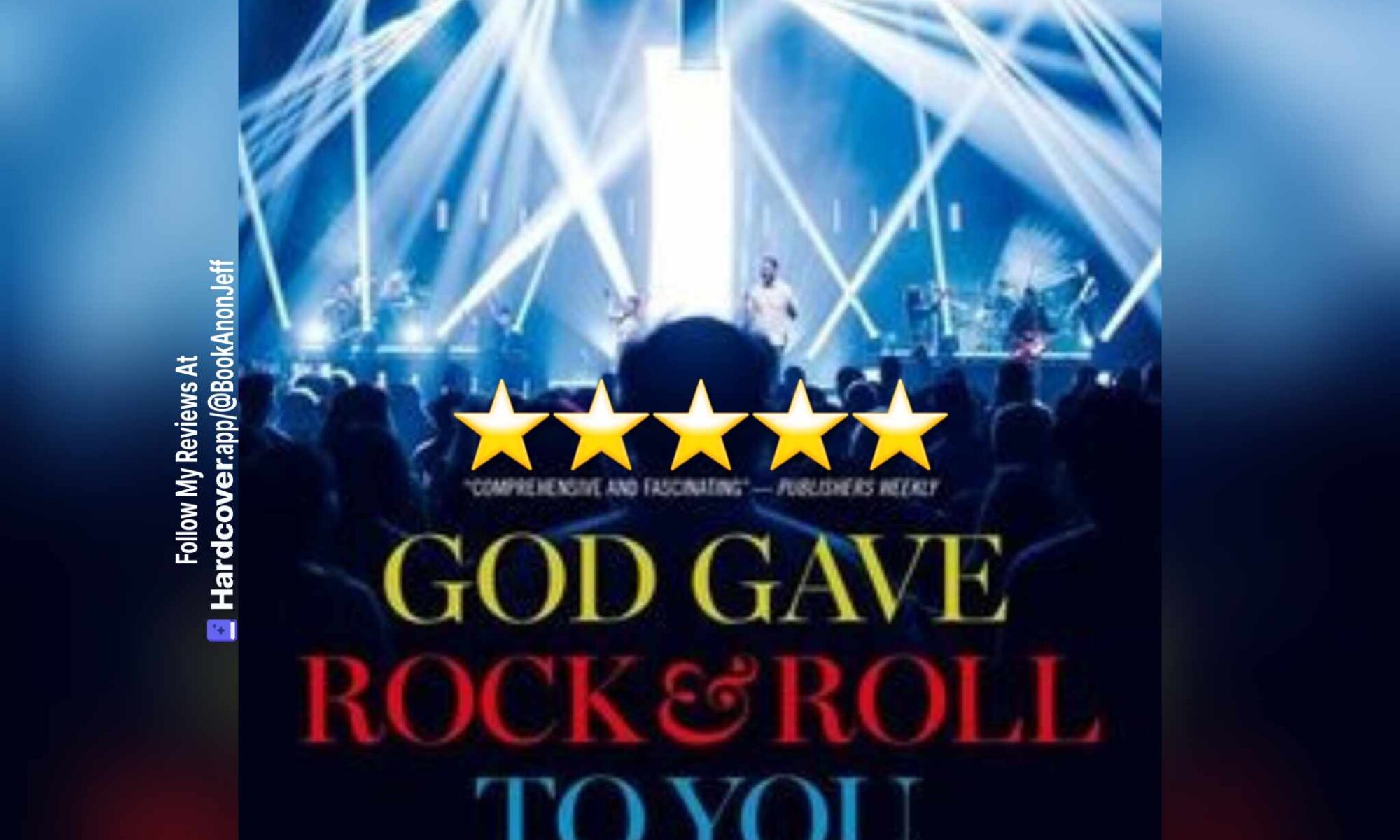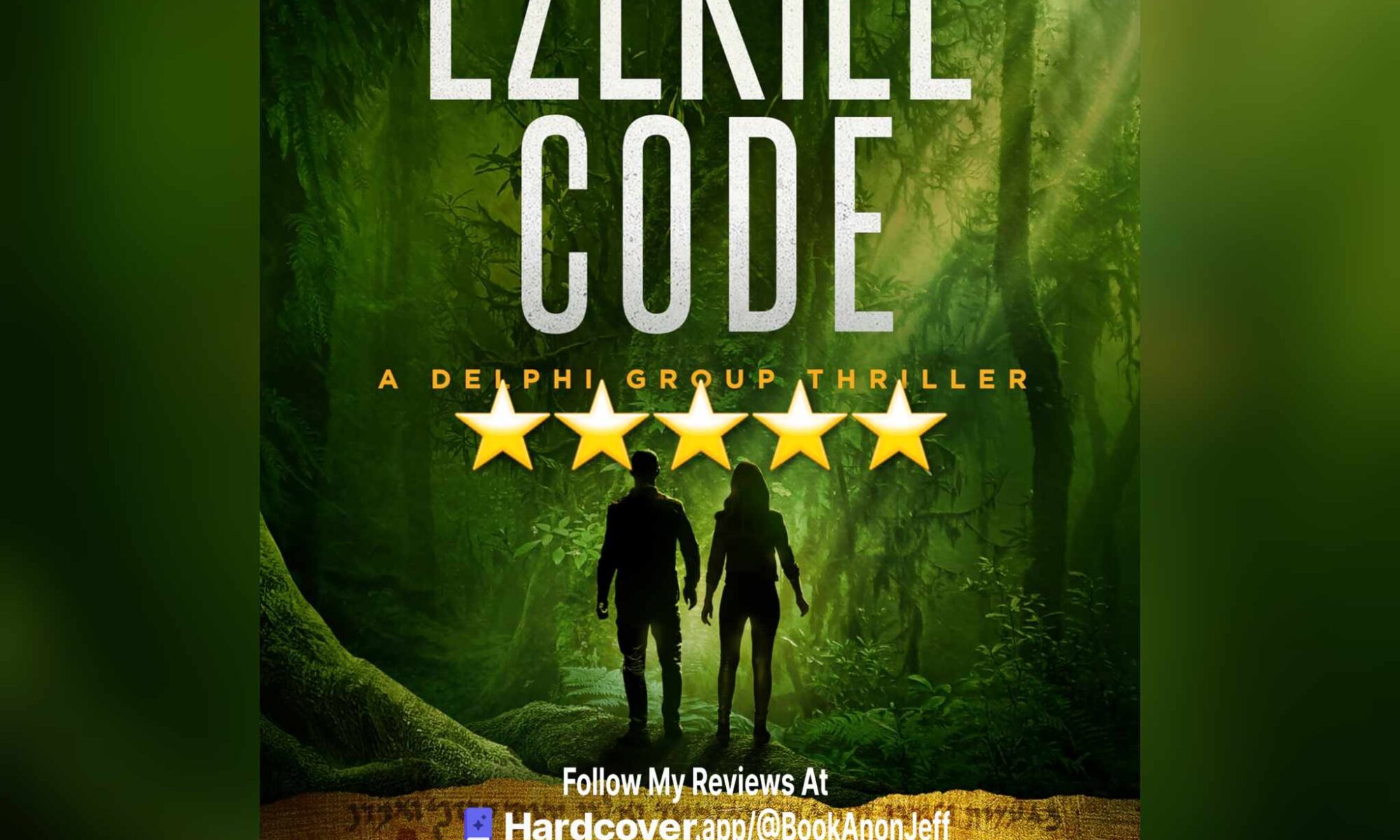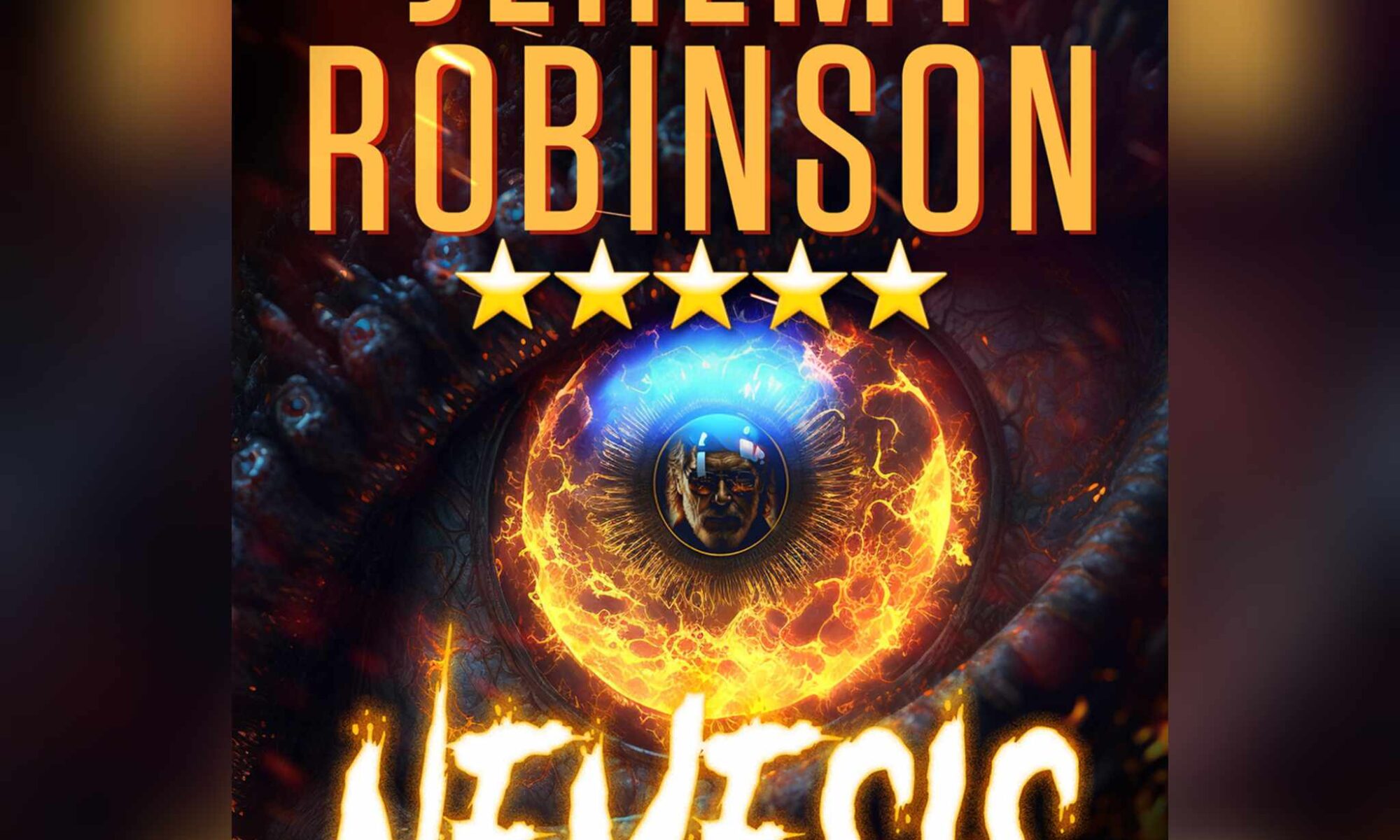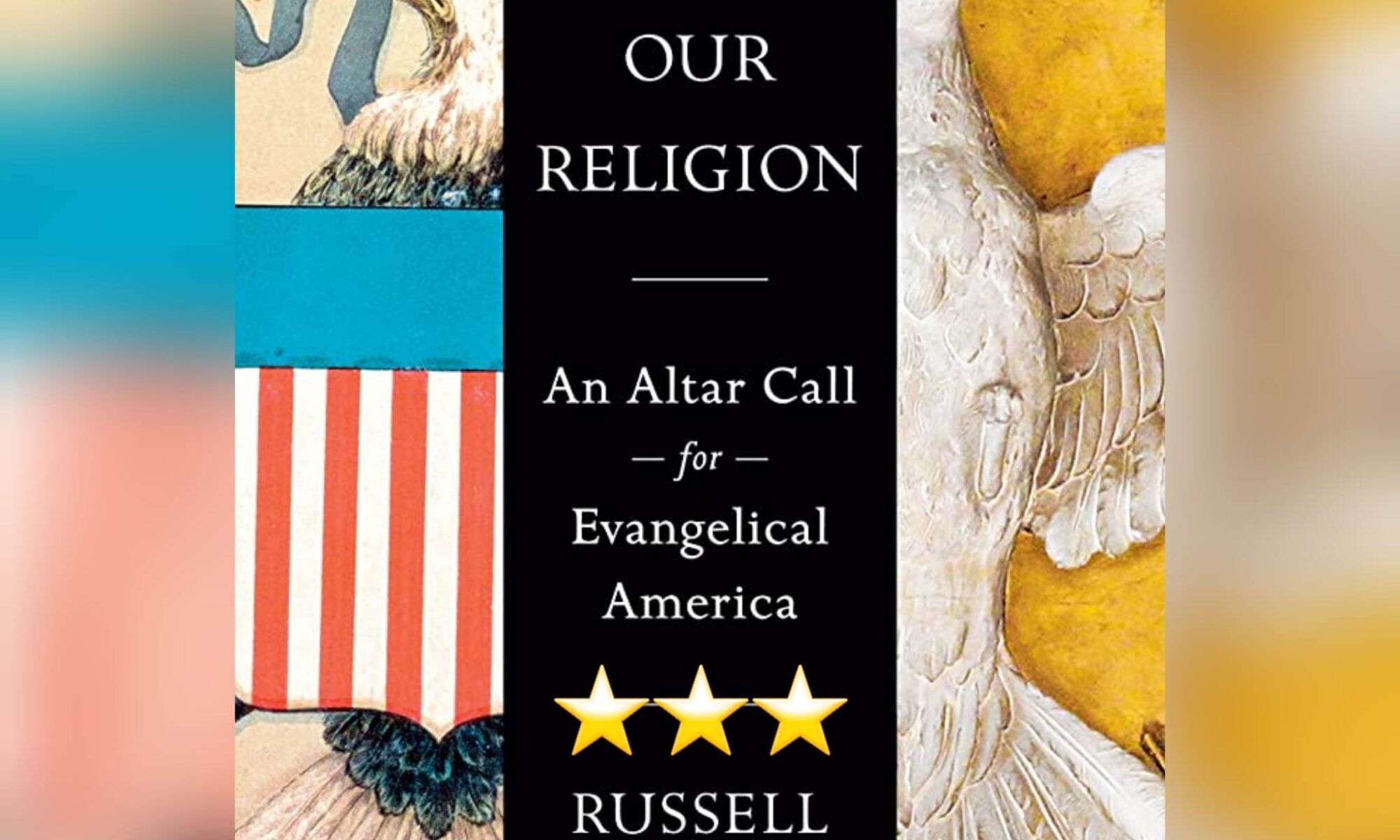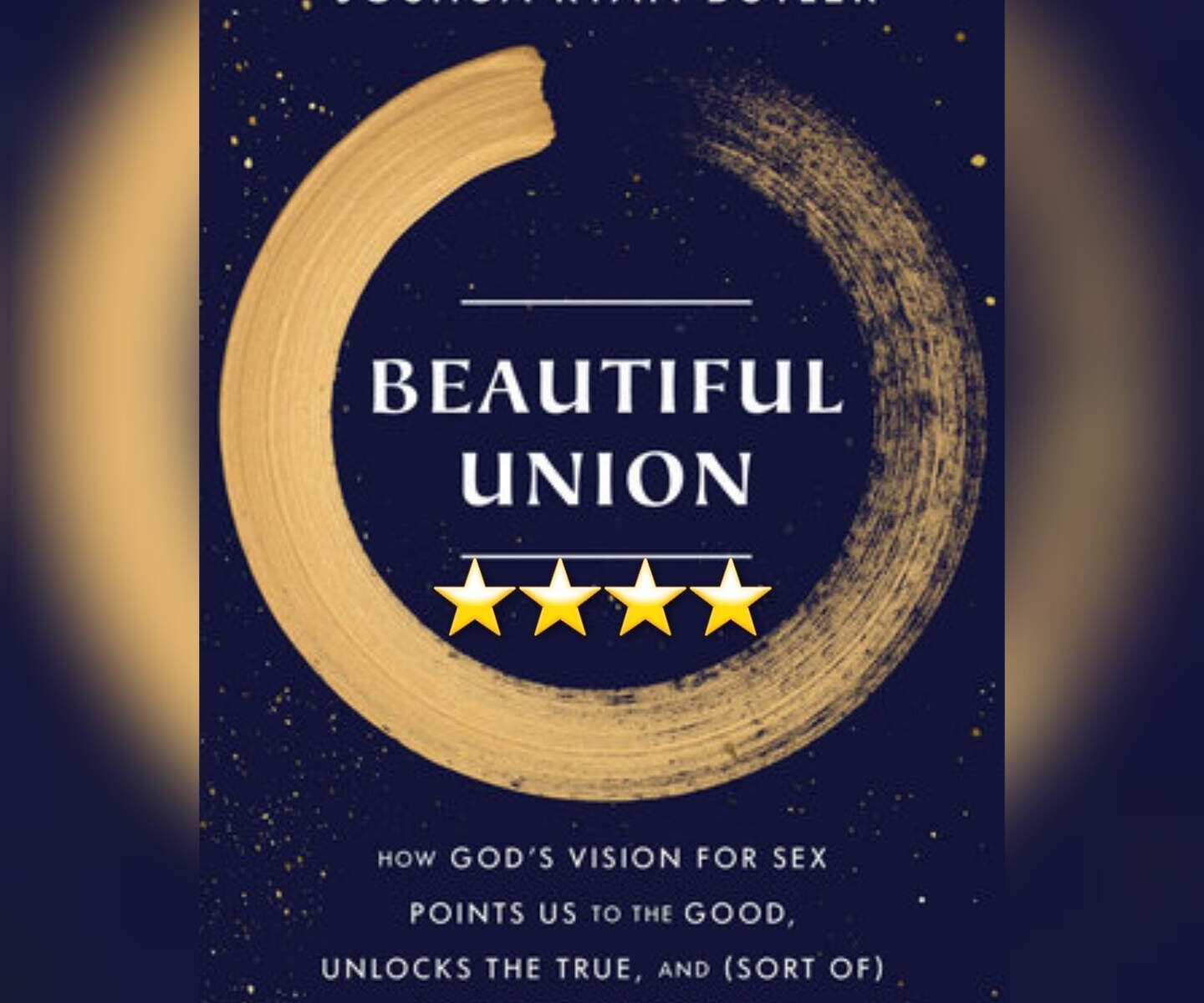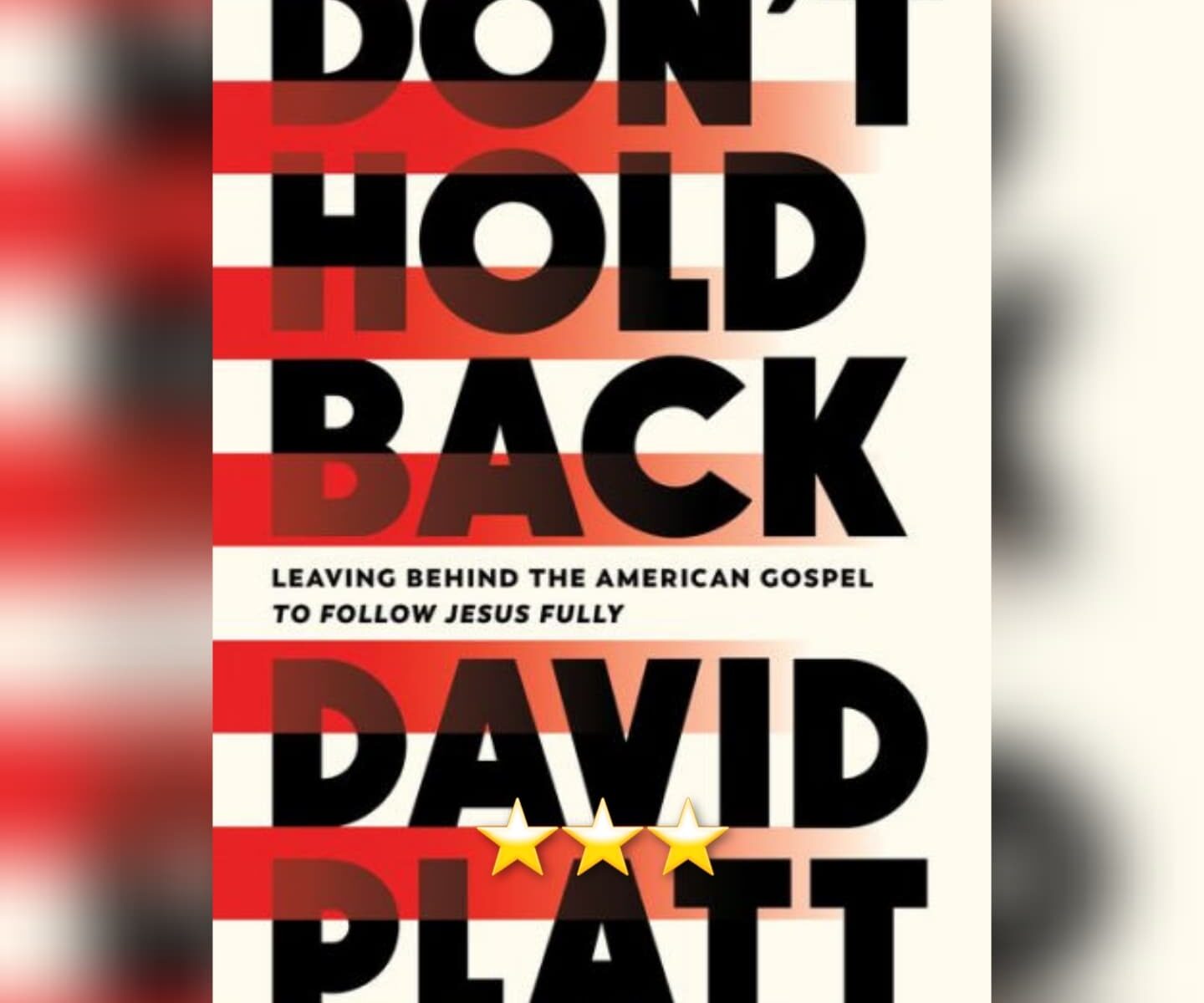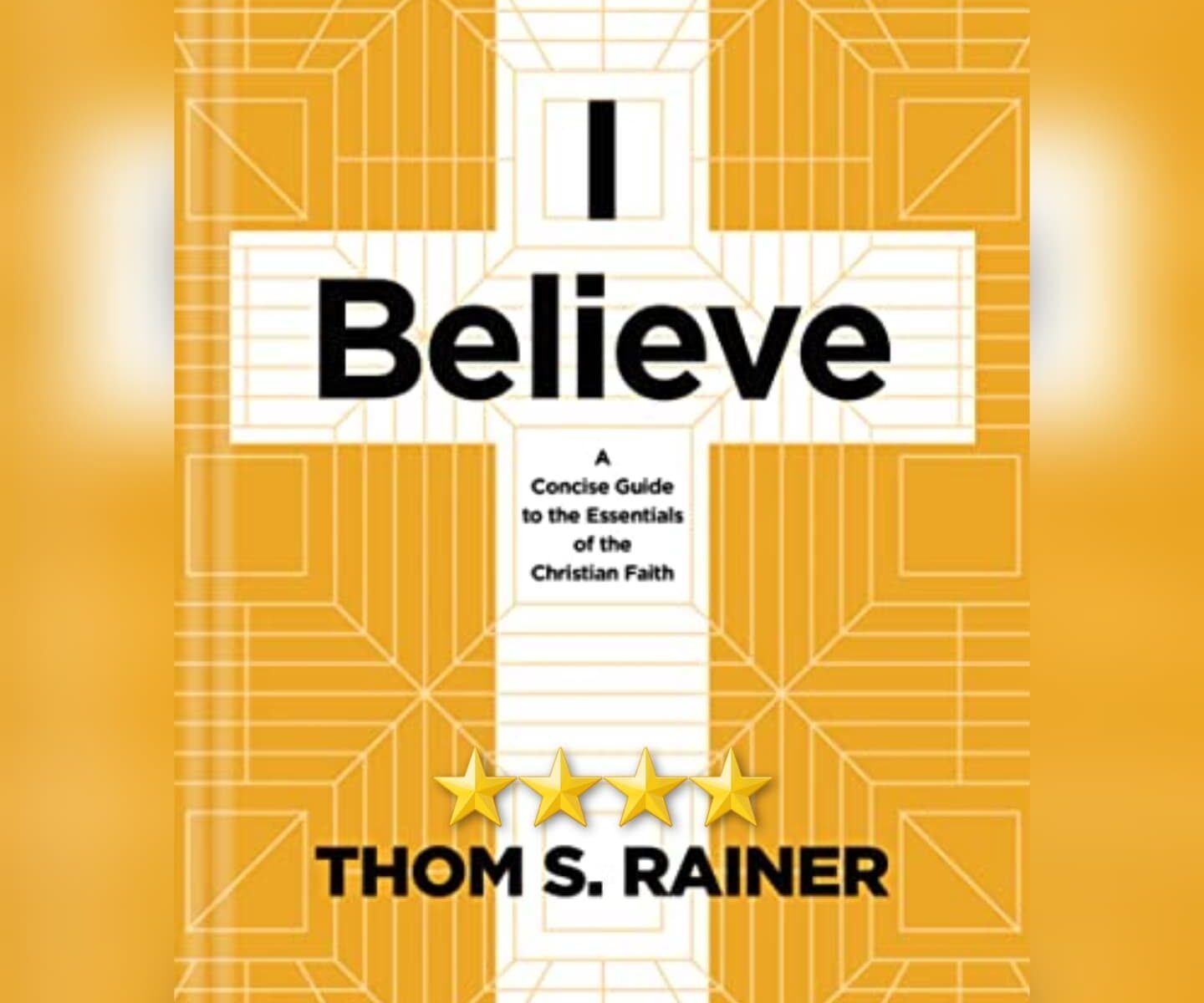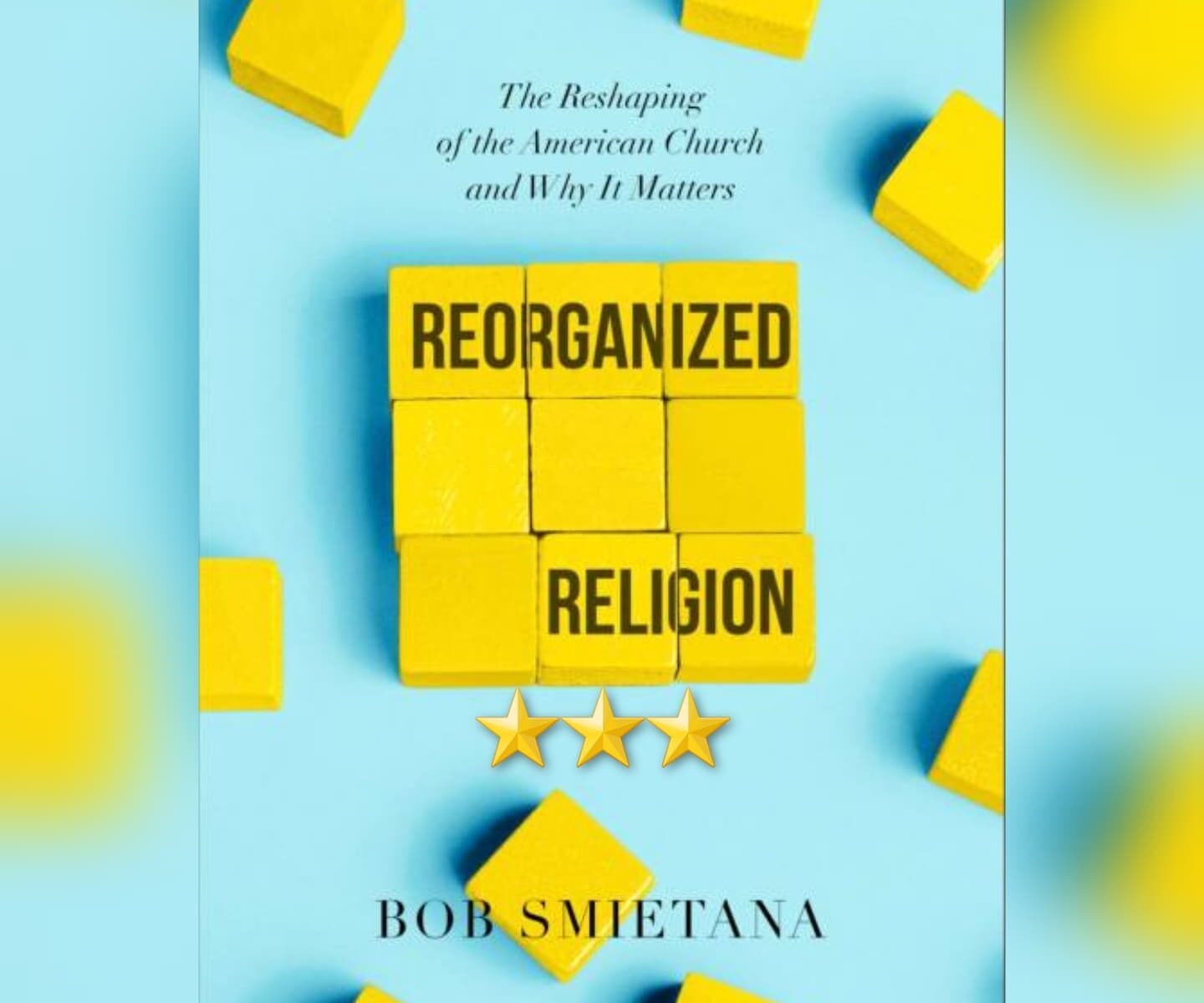Comprehensive Look At Different Ways Different Christian Communities Have Viewed Politics Over The Millenia. This book is truly one of the most comprehensive looks at the subject that I’ve yet run across, and for that alone is to be commended. It is also immensely readable, which is always a nice bonus in an academic-oriented book.
Perhaps the only “negative” thing to be said here (and certainly some will view this as quite the positive, or even argue she doesn’t go far *enough*), is that Cruz at times can be a bit *too* tough on the Christian Nationalism crowd, while openly claiming a high degree of tolerance for every other perspective she discusses. Even as I oppose the Christian Nationalists myself (finding more cause for Anarchism in the text of the Bible than any support for any modern nation, *including* the modern State of Israel), I would have liked to have seen their positions presented with the same detached rational approach as all of the other perspectives presented – mostly because I truly believe that when presented in those same terms, the Christian Nationalists *still* lose, and lose bigger because they *were* given a rational chance.
Even this, though, is not the actual cause of the star deduction. The cause of the star deduction is instead the complete non-existence of any hint of a bibliography, which are generally present even in these Advance Reviewer Copy forms of texts, as I have quite a bit of experience reading and reviewing over the last several years (where 20-30% is considered my norm, though I’ve also openly discussed perhaps lowering that a touch more recently).
Still, even that is a flaw that will hopefully be corrected in the final form of the book.
Overall an interesting and comprehensive examination of the topic, one anyone interested in Christianity and Politics in America – for any reason – should make it a point to read. Particularly before any Presidential Election. Yes, including the one being conducted less than 90 days after the publication of this very book. Very much recommended.
This review of Faithful Politics by Miranda Zapor Cruz was originally written on April 5, 2024.


